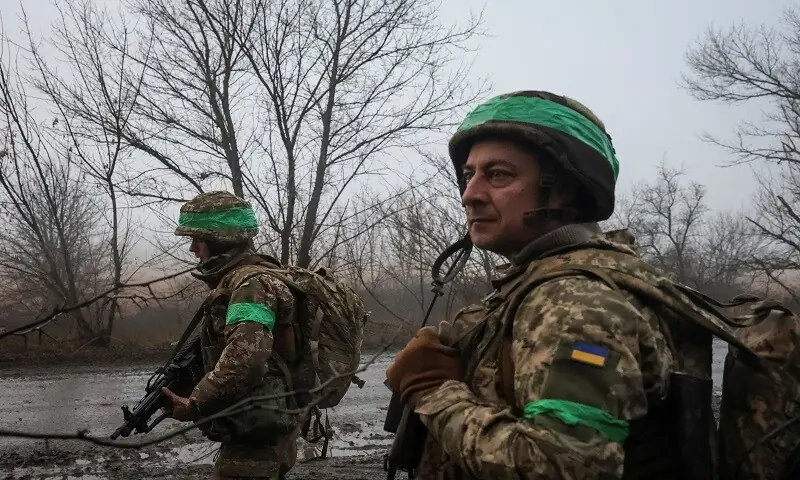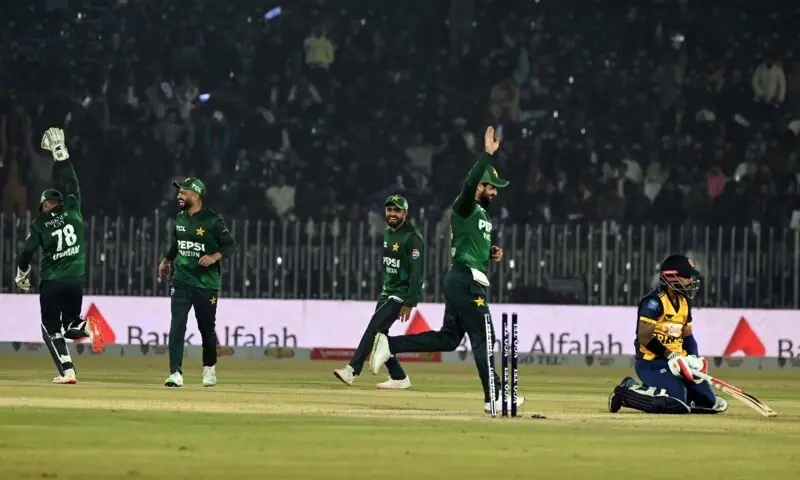The moment of the call could not have been worse. It was the last 30 minutes before Iphtar, when there is no juice in gray cells. In addition to that, he caught me in the midst of a delicate operation: the cream cheese glaze was simply refusing and growing.
But when the prolonged “Hello” of Azeema was followed by “Baluchistan”, I left the knife. This was not going to be a short call; Could I concentrate? This was the time when the brain is aimed at Pakoras, not politics. The friend at the other extreme did not care. But then, Azeema has a special ability to ask difficult questions that can force one to think even when the brain is in sleep.
I wanted to know if the state had approached Naraz Baloch. “Of course, they did,” I explained; It was during the previous Government of PML-N that Abdul Malik Baloch was Baluchistan’s prime minister. He had taken him to reach some of the Baloch in exile, and more than once he had narrated how he had progressed considerable, to the extent that they presented concrete demands, which were also feasible in their opinion. But the establishment made it clear that he was not interested in satisfying the demands or continuing to speak.
“But these were not direct conversations,” he replied, unlike those that had happened with the TTP, where even the ceasefires had been negotiated and celebrated, although briefly. But not with Baloch.
Few of Baloch’s “politicians” in the provincial and federal dialogue of legislatures advocate.
She had a point. And once the comparison was made with the TTP, the difference was marked. There were many moments when the TTP had committed. During the years of Musharraf, there was an agreement after agreement at a point where the State had not discovered the threat, much less like dealing with it. And that image of a general garland Nek Mohammad is perhaps one that defines that era. But even later, when the threat evaluation was taking shape, there were efforts to commit to them: the agreement that led to the release of SUFI MOHAMMAD in Swat is an example. Later, during the PML-N government led by Nawaz Sharif, a committee was formed and sent to talk to them. Much more recently, the negotiations were carried out when General Bajwa was head of army personnel.
But in Baluchistan, apart from Dr. Malik’s conversations, which fell before leading anywhere, the State has done little compared, except to eliminate insurgency. Not from Akbar Bugti, with whom the conversations and the agreed points were maintained, only to be drained by a dictator that he himself was fading; Then he was willing to talk to the PPP, his generals with the TTP, but the conversations with Bugti were a negotiation too far. (And since tribal leaders have been replaced by middle -class leadership, aversion to any type of commitment has grown).
In more occasions that one, the State has seen the TTP as an actor with whom you can speak and negotiate, despite the lack of support of the organization in the areas in which it operates, but in Baluchistan, this option is rarely discussed seriously, much less exercised. In fact, as political engineering in the province has grown, this idea has been further delegated.
Apart from some such as Dr. Baloch and BNP-Mengal, few of Baloch’s “politicians” in the provincial and federal dialogue of legislatures. In fact, those in power spend all their energies that argue against, because, apparently, all their presence and importance depends on the Naraz Baloch remaining Naraz. The majority of those we see on our screens would not be seen or given the time of day if the elections were even relatively free and fair in Baluchistan. This in itself is different from the KP approach, where despite the hostile relationship with the PTI, the results of the elections do not turn as in Baluchistan.
But I’m deviating. For this divergence in the approach of the two insurgences there has been even when the leadership in Baluchistan was not compromised.
And before the dreaded r[AW] The voice is brought, let’s not forget how it was said that the Indian hand was behind the TTP in the first years. Long before Kulbhushan Jadhav, there was a constant lament about Indian consulates in Afghanistan and what that meant for violence in Pakistan. In conversations outside the record, it was said that the TTP and others were supported by many intelligence agencies. The great game was fine and really alive and Pakistan is his main objective. Later, even the appearance of PTM was reduced to the dreaded hand or “foreign” hands. But despite this interference, the TTP was worth it.
Nor did the level of violence demonstrate sufficient reason to stop the commitment to the TTP. According to a BBC story, when the PML-N government formed a committee to involve them in February 2014, more than 100 people had been killed in the previous month. But mention the idea of negotiating with Baloch, and we are told that train kidnapping shows that the State cannot afford to show any weakness. As if before this incident, mood was different.
Somehow in Baluchistan, violence and external interference are sufficient reasons for the State and others to conclude that force is the only response. Even the fact that insurgents in Baluchistan have popular support, unlike TTP, has not allowed any exploration of participation. This does not mean that the Pakistani State, or in any state, cannot respond to those who use violence, but that in most insurgences the resolution is usually the result of negotiations and kinetic operations, as they are called in our neck of the forest.
But in Baluchistan, we challenge not only common wisdom but also what has been practiced in other parts of Pakistan. Because? Azeema had the answer. But it is better not to express opinions in these days. It is, therefore, better end the question.
The writer is a journalist.
Posted in Dawn, March 18, 2025









